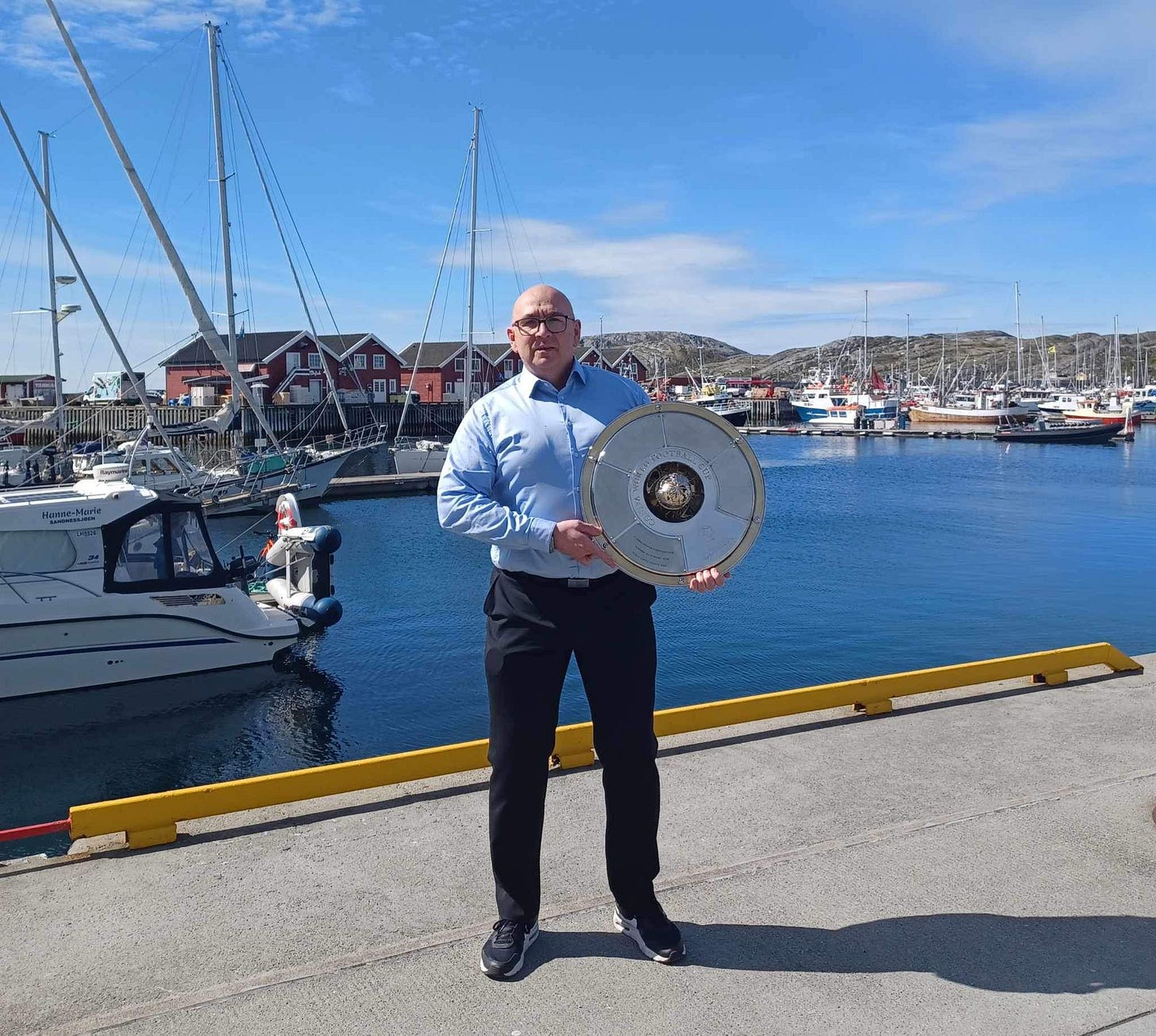CONIFA President looks ahead to second Women's World Cup
A Federation for associations not part of FIFA, the second edition of its Women's World Cup kicks off in Norway on Tuesday, and the roots of its birth are fascinating...
You’d have been forgiven for thinking we were done with Women’s World Cups until heading to Brazil in 2027, but not quite.
Because on Tuesday the second edition of the CONIFA Women’s World Cup takes place, over the space of less than a week, and with just four teams competing.
It’s no less important to those involved though.
For those who don’t know, CONIFA stands for Confederation of Independent Football Associations, a federation for all associations not affiliated to FIFA.
Currently, it has 40 members, including the likes of North Cyprus, Kurdistan, West Papua, Tibet and more, and has previously included the likes of Crimea, Monaco, Sicily, Chagos Islands, Zanzibar, Western Sahara – and Yorkshire!
CONIFA is over a decade old now and has experienced many challenges over the years, such as the fact it is a non-profit organisation which relies solely on volunteers to get games and tournaments up and running, as well as political conflicts in many of its regions.
That led last month to confirmation its next planned Men’s World Cup in 2025, set to be held in Kurdistan, has been postponed due to unrest in the region right now, and that’s not getting any easier.
Six teams were scheduled to take part in this tournament, but both Kashmir and North Cyprus withdrew late on.
On Tuesday, hosts FA Sampi – a member from day one which represents the Sámi people in the north of Norway, Sweden, Finland and Russia – will kick off as hosts in the town of Bodø in Norway, along with Tibet, Tamil Eelam (Canada) and Szekely Land (Hungary)
While only three teams have been able to fund the trip to a remote part of the European continent, it’s an improvement on the first women’s tournament two years ago which saw only FA Sámpi join hosts Tibet in Paonta Sahib, India.
Check out over 100 more unique stories in WFC’s Premium section, available for just £45 for 12 months, paid in one go, or a £6 a month rolling subscription.
All subscriptions come with a 7-day free trial to allow you to explore our full archive.
Plus, guarantee you everything that is to come over the next 12 months…
CONIFA’s President, Per-Anders Blind, has been at the head of things since its inception on 7th June 2013, helping to organise the first World Cup which was also hosted by FA Sápmi – on that occasion in Ostersund, Sweden – in June 2014.
As he speaks about his involvement in helping associations outside of FIFA, stretching back to even pre-CONIFA days, why he’s in charge of something which takes passion and commitment over monetary reward becomes clear.
“I’ve been in football for more or less 50 years,” says Blind. “I played, worked in a club, I was even a football referee. In 2005, there was a guy called Hakan Kuorak, he was the President of the FA Sápmi and he knew I was a decent referee, so he invited me to follow the team to France to participate in a tournament as a referee.
“I said ‘of course’ and that was my first introduction to this non-FIFA world of football!”
Back then, such unofficial tournaments were run by the NF Board [Non-Federation Board], created by three people from Monaco, France and Belgium.
“Remember the Bosman case? Luc Misson, one of the lawyers involved, he was one of the founders of the NF Board,” recalls Blind.
Quickly, the feeling this was more than about football was impressed on Blind, and he soon went from referee to leader of the army in supporting associations with no voice at the FIFA table.
“When I was on the pitch with the players, I felt…wow,” he says. “It was so different to any other game I refereed; it was so much more than football. You could tell it held extreme importance for people to be able to represent their nation and I became so interested and helped voluntarily to help the federation to grow.”
Keep reading with a 7-day free trial
Subscribe to Women's Football Chronicles to keep reading this post and get 7 days of free access to the full post archives.

